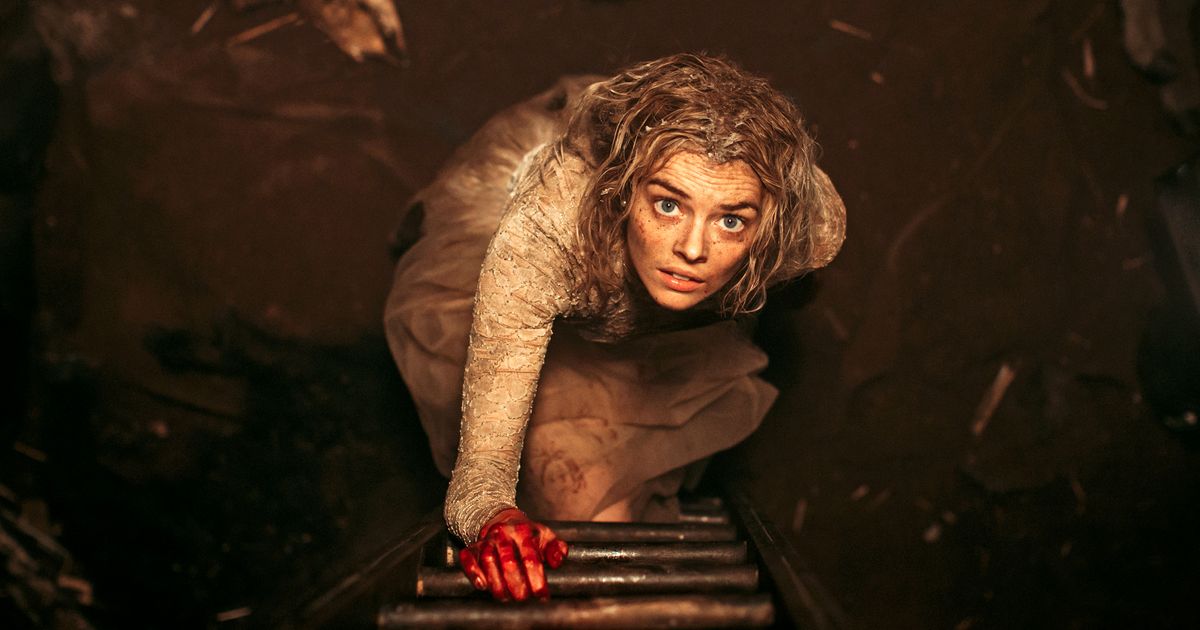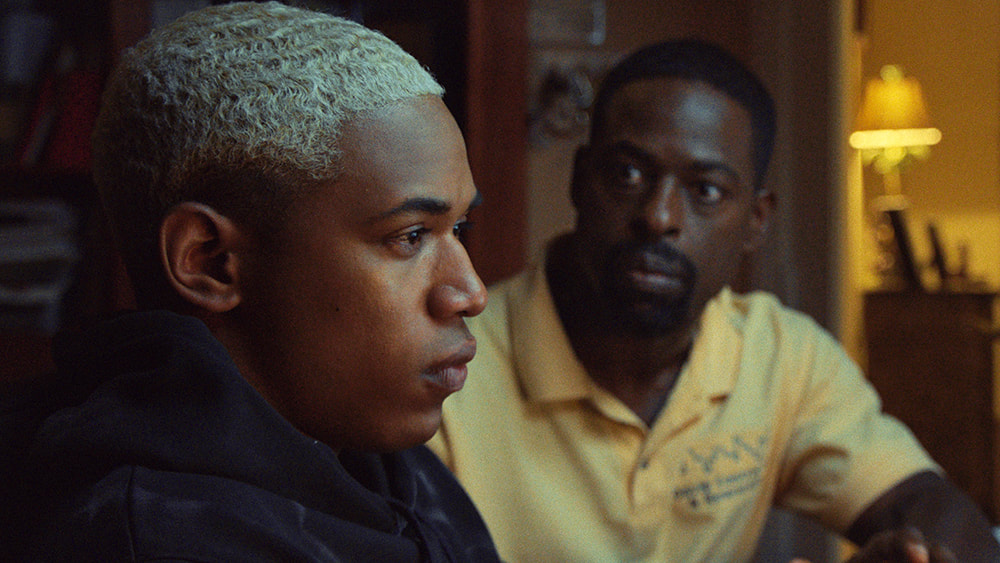|
The prevalent late-2010’s movie theme of eat-the-rich gets most explicit with horror films like the Purge franchise, Us, and the Gothic horror-comedy Ready or Not. From directing duo Matt Bettinelli-Olpin and Tyler Gillett, Ready or Not is made to look like a period piece with its manor house setting and preference for edged weaponry, but it has a sardonic wit and a tongue-in-cheek approach to violence that, along with its mild fist-pump approach to feminism, places it firmly on modern screens. Written by Guy Busick and R. Christopher Murray, a coherent theory of class is also smuggled into a film that primarily exists as an audience-engagement vehicle from back when audiences were a thing. Ready or Not thinks seriously about its premise while not taking itself seriously at all, a strong combination of tone and substance in an appealing package.
0 Comments
For Sama stands alongside documentaries like Citizenfour in depicting the first draft of history. The best of breed of the several Syrian Civil War docs that have chronicled a brutal and bloody period of the 21st century, Waad al-Kateab’s first-person film tracks the initial ecstatic hopes of revolutionary optimism through its fatalistic destruction in the bombed-out husk of Aleppo. For an extra dose of you-are-there urgency, al-Kateab’s husband is a doctor drowning in emergency triage and surgery at one of Aleppo’s last working hospitals, providing plenty of opportunities for all the air to be sucked out of the screening room as he holds the life of one small child after another in his hands. Al-Kateab narrates throughout, and the grief that undergirds her every sentence is less for her neighbors, because with so many of the randomly killed surrounding her, she would be unable to function if she mourned each loss. Rather, the grief is for the lost opportunity of the Arab Spring which kicked off when she was a college student and an active participant when it spread to Syria. Where once she planted gardens and laid down roots for a hopeful future, now she tunes out the constant thrum of Russian fighter jets and wonders where the next barrel bomb is going to indiscriminately land.
The dark years of the AIDS crisis in France are depicted with detail and resilience in Robin Campillo’s BPM, an epic political drama that unites the personal and the political. With a foundation in the French tradition of protest and revolt, the young Parisian activists of Act Up trade the Phyrigan caps and barricades of their ancestors for barrels of fake blood and provocative posters. In the leftist fashion of many offshoot groups at various stages of militancy, Act Up and half a dozen others with similar acronyms share the common goal of recognition for the suffering of the ‘undesirables’ of society and a prompt and effective treatment. When he’s not filming meetings with intense debate over strategy and tactics, Campillo excavates his own memory as an AIDS activist in the early 90’s for deeply personal stories of his peers afflicted with the disease as they transform from vibrant pictures of youth and promise to mottled shells who need all their energy to summon arguments that used to flow out of them at a hyper-literate pace. BPM’s you-are-there historiography of this period makes for a vital transportation back to a time when governments ignored and discounted a rampaging disease because it was happening to people they didn’t feel responsibility toward, a situation thankfully banished to previous decades.
Between the HBO series Euphoria and Trey Edward Shults’ Waves, 2019 provided audiences plenty of ways to worry about teenagers. Sharing a freewheeling, sensuous style and a menacing tone, both works communicate the extreme levels of feeling and emotion that teenagers are capable of and the dramatic consequences that can arise when those extremes aren’t held in check. With Waves, Shults’ third film after Krisha and It Comes at Night, the young director maintains a simmering tension that boils over into operatic breakdowns as teens who were holding everything inside can only do so for so long. Featuring two distinct and complementary lead performances by Kelvin Harrison Jr and Taylor Russell, Waves suggests that, while the average US teenager lives in a safer and more comfortable world than any teenager before, they are still plagued by dilemmas beyond their emotional maturity.
Noah Baumbach bridges the gap between his former and future surrogates with While We’re Young. Starring, among others, Ben Stiller and Adam Driver as intergenerational opposites, Baumbach again does the frequently exceptional work of making compelling characters out of difficult people. This funnier-than-average-Baumbach film provides lots of opportunities for comeuppance for the male leads and solid exasperation for their respective partners, played by Naomi Watts and Amanda Seyfried. While We’re Young comes at a crossroads in the life of Stiller’s character, and the movie resonates with anyone contemplating or approaching one of their own.
|
Side PiecesRandom projects from the MMC Universe. Categories
All
Archives
April 2023
|





 RSS Feed
RSS Feed